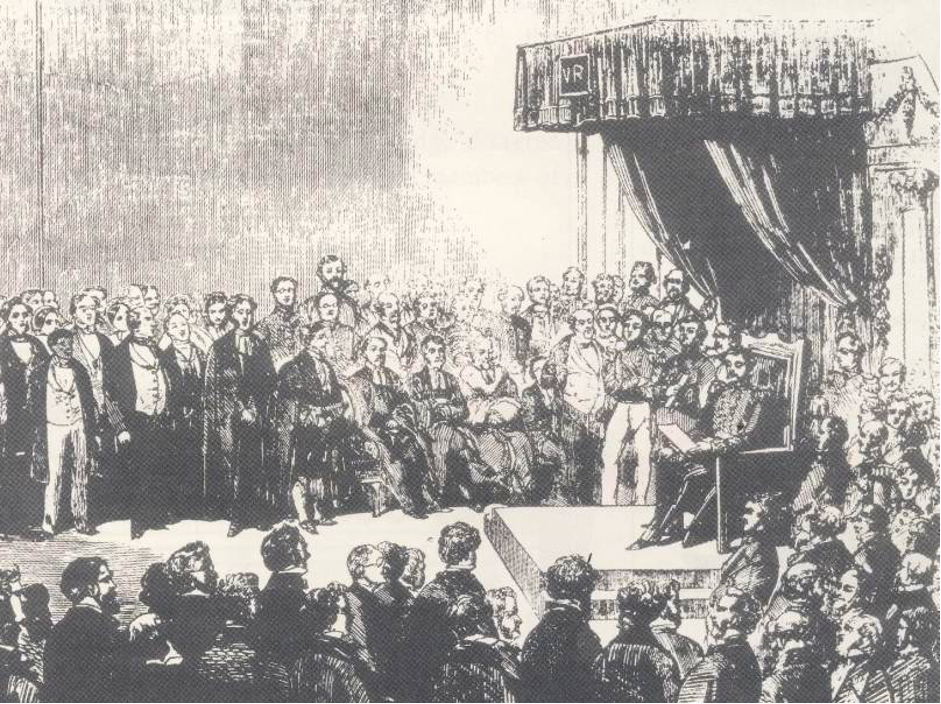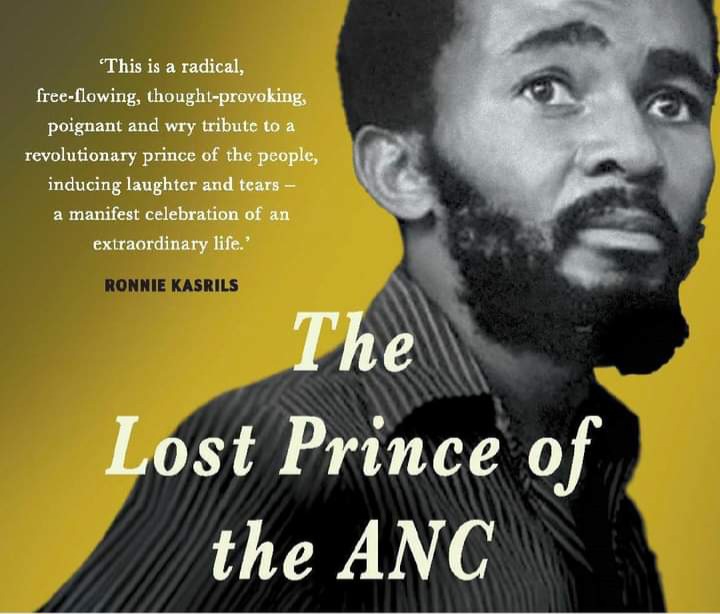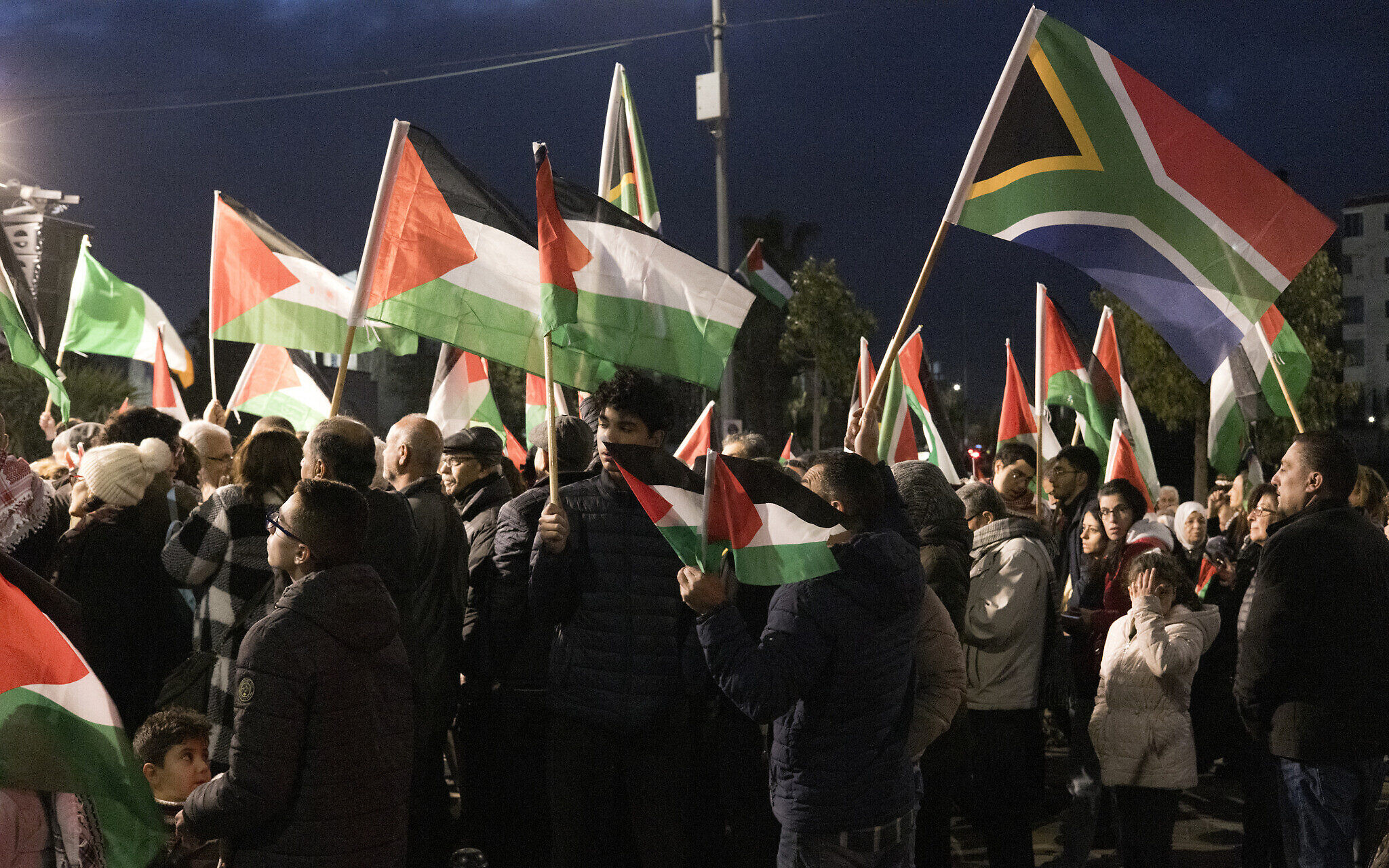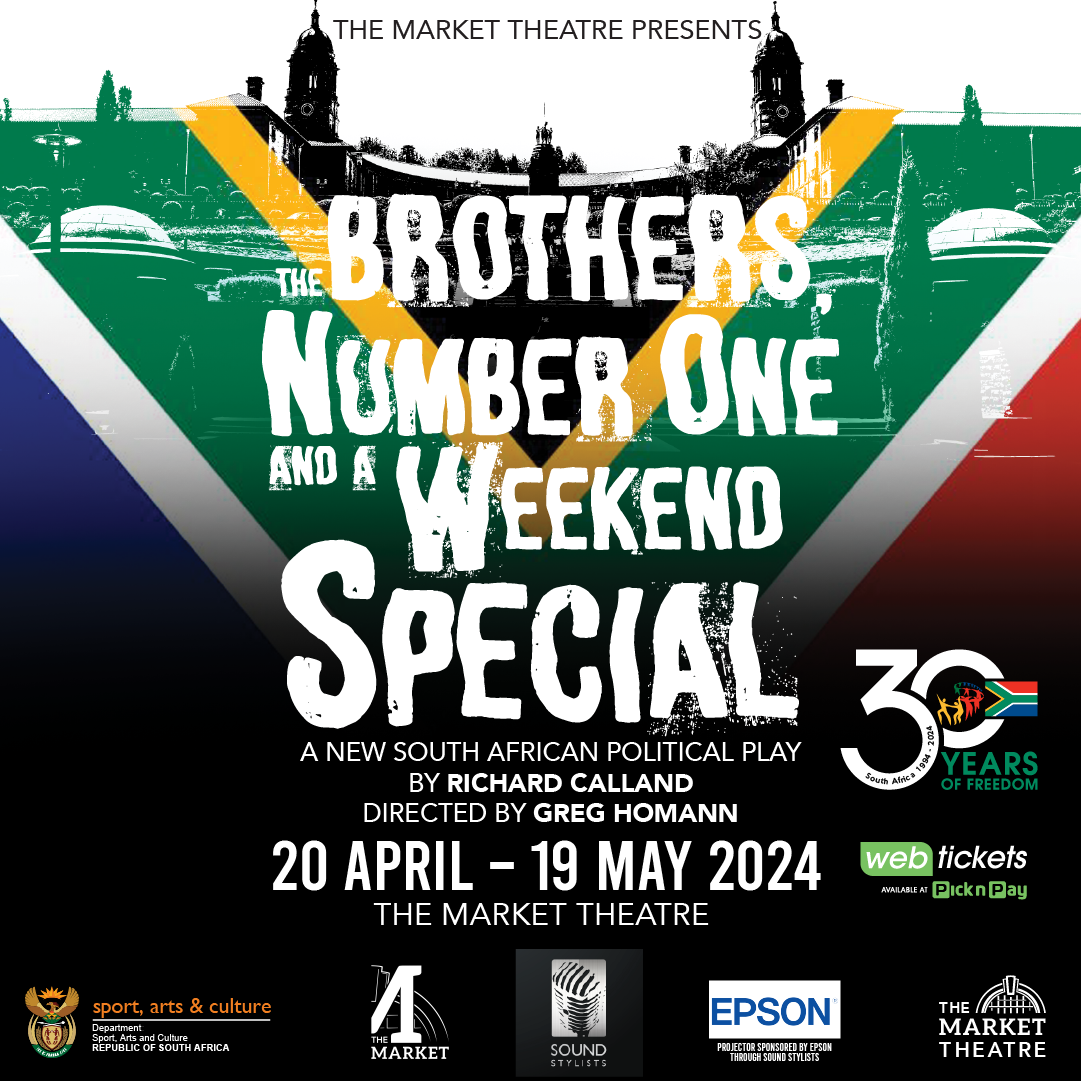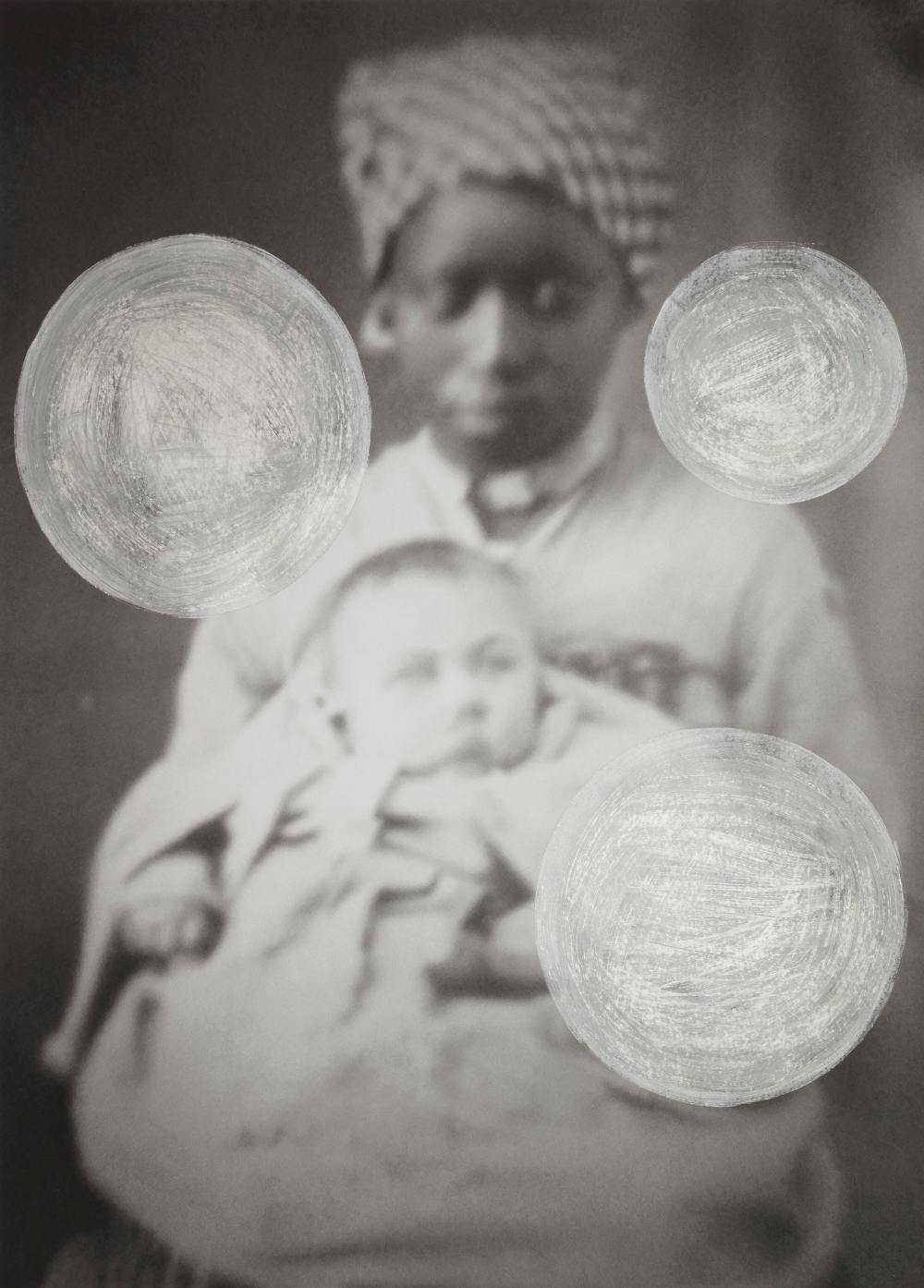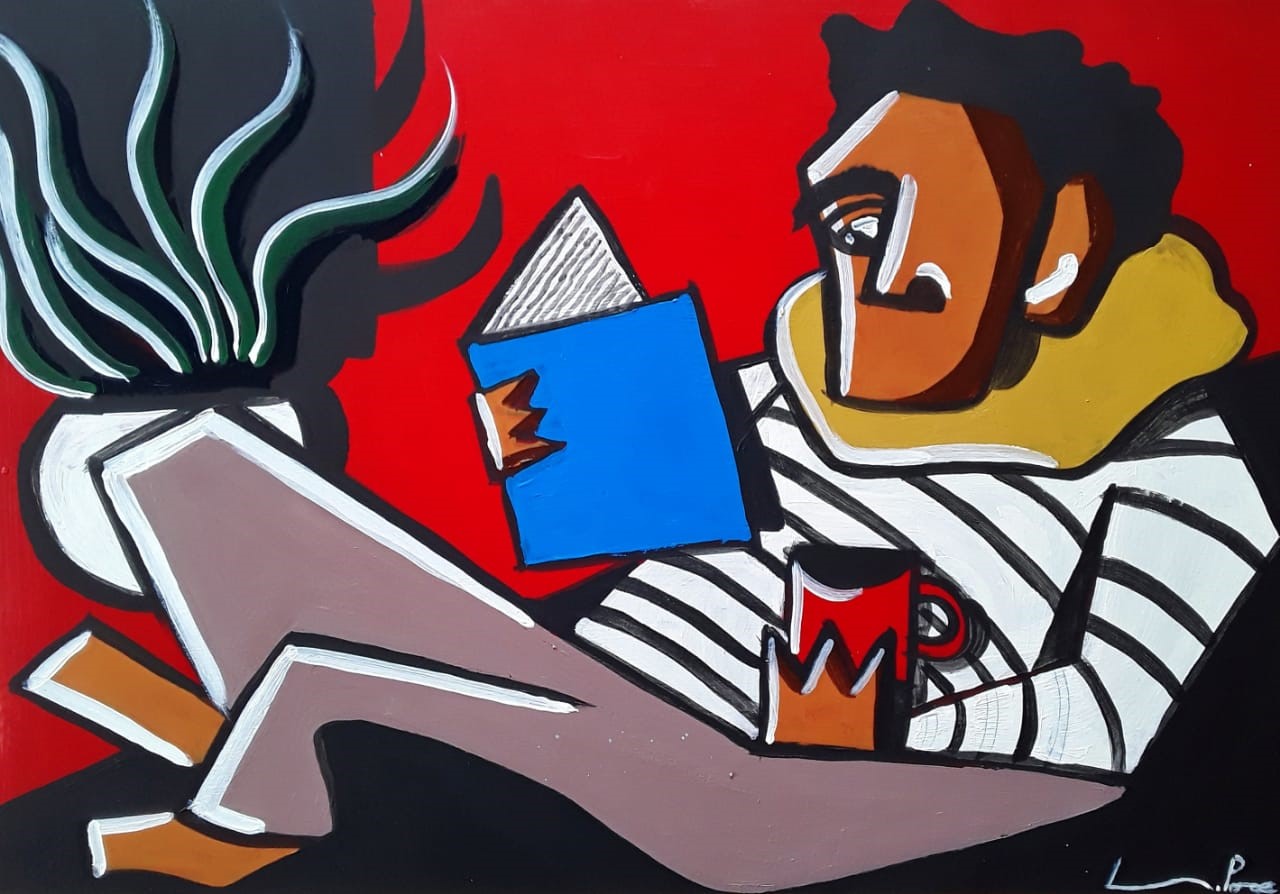The year 2024 marks 30 years of constitutional democracy in South Africa. To those who subscribe to this view, the first democratic elections of 1994 signify the beginning of a non-racial democratic era in South Africa. Reconciliation between blacks and whites, facilitated by Desmond Tutu and Nelson Mandela, symbolized the fulfilment of the Charterist dream that "South Africa belongs to all who live in it, black and white." For a time, this 1994 period seemed like "the end of history" for the Charterists, as their ideology reigned supreme. However, an ideology without a material foundation in the socio-economic aspirations of the African majority was bound to unravel eventually.
The Black Liberal Thought of the "civilized natives" in the ANC and their white liberal allies orchestrated one of the most famous triumphs of liberalism in South African history and politics. Today, these "friends of the natives" in the DA continue to celebrate their ideological victory since 1994. They triumphed in the "war of position" without winning the numbers game in the elections. To this day, both liberals and radicals in South Africa rely on the constitutional framework to analyze the main problems plaguing the "post-Apartheid South African era." Archie Mafeje was correct in observing how Black nationalists succumbed to the ideological charm of white liberals. Thirty years later, Black nationalists and white liberals remain "strange bedfellows," to the detriment of the African majority. Black scholars within both the Black Liberal Tradition and the Black Radical Tradition are caught up in the ideological vortex of South African liberal constitutionalism.
The Black Liberal Tradition in South Africa refers to the strand of thought pioneered by a cohort of "civilized natives" whose main premise is the acceptance of whites and white civilization. This tradition critiques the failure of whites to live up to the promises of their culture and civilization, appealing to whites for recognition through moral suasion. Unlike the Black Radical Tradition, it does not seek to negate white culture and civilization but aims to transform both so that they can fulfil their promises of equality and freedom. The fallacy of thirty years of constitutional democracy is a product of this tradition. The assimilation of the African majority based on the illusion of non-racialism is an inevitable conclusion of this tradition. Philosophically, this tradition is premised on negative dialectics, which underscores the contradictions of totality and calls for their elimination. In other words, if the totality is a white settler colony like "South Africa," the problem is seen as the failure to realize the promises of equality and freedom embedded in the framework of constitutional democracy, rather than eliminating the entire white settler colonial structure and its institutions.
The petitioners of the ANC who appealed to the British Empire as loyal subjects of white culture and civilization were driven by this logic of negative dialectics. The ANC proponents of the anti-apartheid movement who problematized the exclusionary nature of the Apartheid regime were also influenced by negative dialectics. Thus, the attainment of citizenship and liberal rights since 1994 marks the triumph of the negative dialectics of the "civilized natives" of the ANC.
In this sense, the triumph of the ANC’s negative dialectics under the tutelage of the “friends of the natives” has resulted in historical revisionism about constitutional democracy in South Africa. Constitutional democracy does not trace its origin to 1994. Constitutional democracy under white settler colonialism began in 1853 with the Cape Colony constitution, which accepted the first “civilized natives” as voters based on a so-called nonracial franchise. While white settler constitutional democracy has been characterized by the exclusion of the African majority, especially from the formation of South Africa in 1910 to 1983, it is false to argue that there was no constitutional democracy. White settlers exercised their right to vote based on their constitutions to preserve white supremacy. This is a historical fact. Charles Mills called it "herrenvolk democracy," but it was democracy nonetheless. Discontent with exclusion is a moral judgment that cannot change the historical fact of the existence of constitutional democracy by and for white settlers. C.L.R. James acknowledged the exclusionary nature of European democracy since ancient Greece, where women and slaves were excluded from democratic participation.
The Black Liberal Thought of the ANC is so fascinated with white culture and civilization that it is prepared to revise history to deal with the pain of exclusion. The spell of white settler constitutionalism is overwhelming. This tradition has produced black constitutional triumphalists who are willing to revise history to include black lawyers within the epistemological framework of the European conqueror, making the absurd claim of the indigenous roots of the 1996 constitution. On the other hand, the Black Radical Thought is led by black constitutional abolitionists who are calling for the elimination of the 1996 constitution. In this sense, Black Thought is currently dominated by constitutionalism and legalism.
Constitutional discourse has reached a dead-end, which must be transcended for the struggle for national liberation of the African majority to avoid stagnation. Constitutional critique has become "normal science," and the African majority urgently needs a "revolutionary science" of national liberation. There must be a paradigm shift from Legal Studies (both liberal and radical), characterized by constitutional discourse, to an extra-constitutional discourse focusing on whites, their culture, and civilization.
The fundamental premise of this paradigm shift must be the historical fact that white settler colonialism in South Africa is founded on war and maintained through the threat thereof. War is a dominant trait of European culture and civilization. Heraclitus, Hobbes, and Hegel are some key thinkers who formulated the importance of war in European history and thought. Thus, when Van Riebeek told the Indigenous people that “the country had thus fallen to our lot, being justly won in defensive warfare and…it was our intention to retain it,” he was affirming the culture and civilization of the Europeans since Greece. He was also emphasizing the power of war and the ongoing war of power between the natives and the settlers. In this sense, the natives must formulate an Afrikanist War-Studies paradigm as a way out of the current dead-end of constitutional critique. The natives must recognize the significant historical fact that their land was dispossessed since 1652 outside and before constitutional democracy. The first settler constitution of 1853 did not authorize land dispossession but merely legitimized it, much like the current constitution of 1996. Black Thought must transcend its crisis by transitioning from constitutionalism to extra-constitutionalism. Black Thought must respond to the following question: How can the Indigenous people conceptualize land restoration outside the current constitutional framework? This must be premised on the idea that the violent political act of land dispossession preceded the violent legal act of the imposition of the legal paradigm of the white settlers.
The race war of conquest since 1652 should be foregrounded because the law is an extension of this war by other means, such as the settler constitutions since 1853. The fundamental significance of the Afrikanist-War-Studies paradigm lies in its ontological focus on white settlers as the fundamental problem, as opposed to their institutions of war, such as law. There is a need to emphasize the cultural and civilizational character of white settlers from the perspective of Diop’s two-cradle theory. White settlers, as descendants of European conquerors, belong to the northern cradle, which is characterized by war, aggression, and conquest. Their worldview and culture as Caucasians from their glacial caves are premised on domination and control. Their legal framework in “South Africa” since 1652 is an embodiment and manifestation of this racial and cultural character. In this sense, the fundamental problem is white settlers as beings (who are irredeemable), as opposed to their law as an extension of their being. The Afrikanist-War-Studies paradigm is not new but an urgent call for the continuation of the Afrikanist war of liberation, which was extended by POQO and APLA on the premise of “throwing whites into the sea” and “one settler, one bullet.”
The paradigm seeks to take us back to the pre-1994 moment, characterized by the foregrounding of war by the Afrikanist Movement. The post-1994 period, undergirded by the 1996 constitution and based on the suppression of parliamentary supremacy through the principle of constitutional supremacy and judicial review, has left the African majority with what Malcolm X called the “ballot or the bullet.” The ballot has failed to restore land and sovereignty to the African majority for the last thirty years. The ANC’s triadic dialectic of conflict, which ushered in thirty years of constitutional democracy, pursued a higher synthesis (through “negotiations” and reconciliation) in the form of a nonracial unified democratic South Africa, merely delaying the racial confrontation between the African majority and white settlers and their junior partners, such as Indians. The Afrikanist War-Studies paradigm seeks to take us back to POQO’s and APLA’s dyadic dialectic of antagonism between the African majority and white settlers, in which only one antagonist survives. It is only through anti-whitism (problematising whites and not just their racism) as opposed to anti-racism (blaming the system of oppression and not whites) that the African majority can survive.
*Masilo Lepuru is a Researcher and founding director of the Institute for Kemetic and Marcus Garvey Studies (IKMGS)
Website: IKMGS

